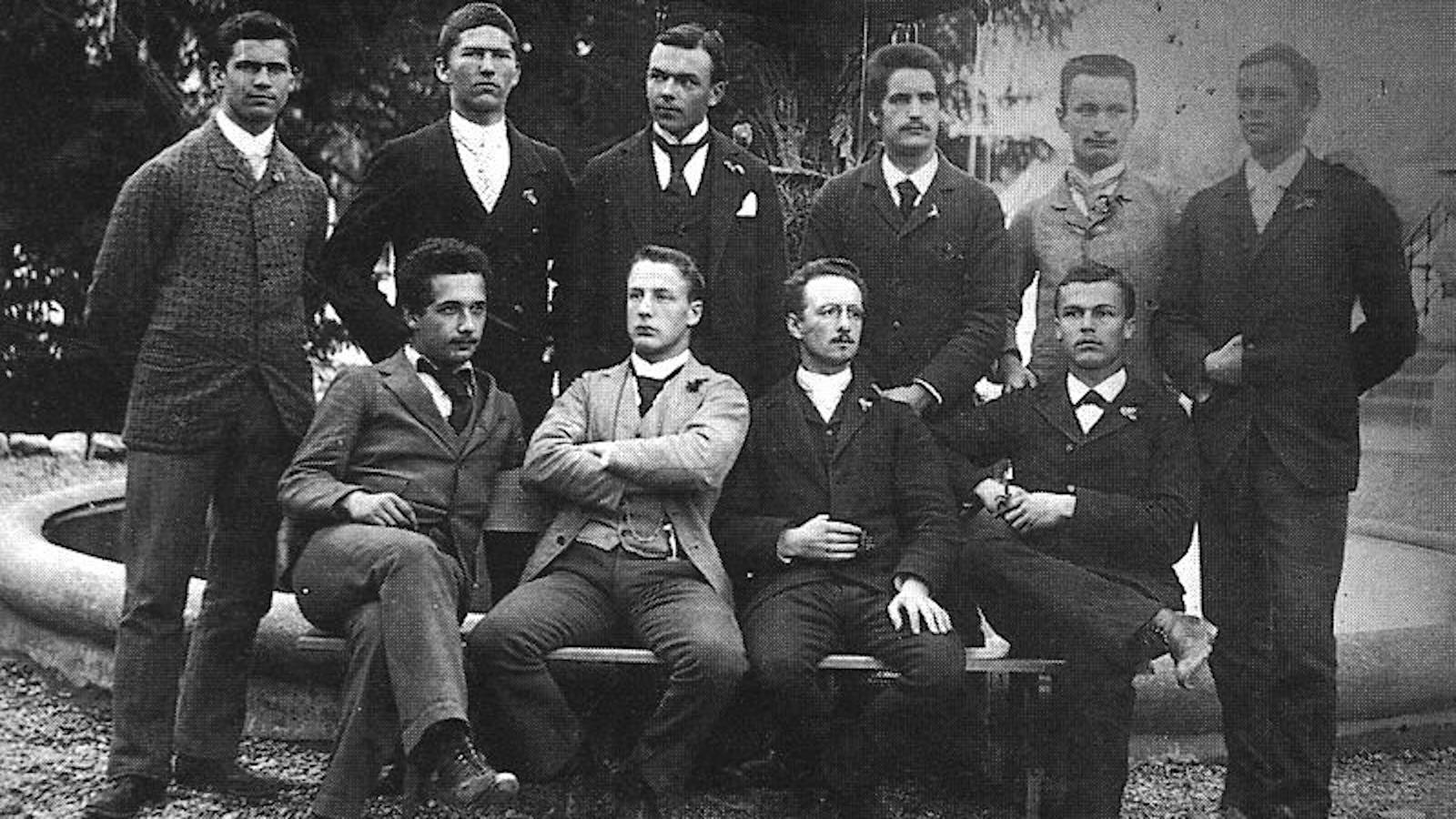Does Ideology Influence the Policy Preferences of Scientists?
As I noted last week, the Pew survey of scientists finds that more than 50% self-identify as liberals compared to just 20% of the public.
Which then leads to the question: what role does ideology play in shaping scientists’ policy preferences relative to science, especially in those areas outside of their specialty? Or on those issues where there are high levels of uncertainty about risks, benefits, and trade-offs? Heuristic decision-making is common in politics and policymaking, are scientists as a group any different?
Put another way, in responding to the Pew findings, several commentators have noted a “dangerous disconnect” between the policy preferences of scientists on an issue such as stem cell funding and that of the American public. The root of the disconnect is assumed to be an “unscientific” predisposition of the public. But is part of this so-called “science gap” attributable not so much to expert knowledge but to the differing influence of ideology as a heuristic in forming policy preferences? In other words, scientists lean liberal and therefore have more liberal policy preferences?
On this point, analyzing survey data collected from 363 of the most highly cited and most active U.S.-affiliated scientists in the nanotechnology field, a new study examines these decision-making factors and their influence on scientists’ views about nano regulation. The study appears at the Journal of Nanoparticle Research and is co-authored by Profs. Elizabeth Corley at Arizona State, Dietram Scheufele at the University of Wisconsin, and graduate student Qian Hu. (Dietram has more at his blog Nanopublic. See also the ASU news release.)
Here is the relevant finding summarized in the conclusion to the study:
Third, our findings highlight the importance of developing a systematic understanding of the demographic antecedents among policy perceptions for nanoscientists. In particular, our analyses show that economic conservatism among scientists was related to less support for regulation, and that more economically liberal scientists–in turn–were more likely to support regulations. The fact that views on regulation among the leading U.S. nanoscientists is driven by personal ideologies–even after also controlling for their scientific judgment about potential risks and benefits–may be troublesome to some observers, especially since journalists and policymakers alike routinely turn to experts from the research community when they need information on nanoscience and regulation.




